This post is part of an ongoing series called 66 Fridays, which explores the wonders of old Route 66. Click on the preceding “66 Fridays” link to view all posts in the series, or visit the initial overview post here.
Most of the must-see treasures of Route 66 are individual landmarks or legends: Meramec Caverns, the Oatman burros, the Gemini Giant. But one of the most important stops along the way is an entire town. Welcome to Tucumcari: Googie oasis of yore, midcentury Cibola of 2000 motel rooms.
Today’s Tucumcari is somewhere halfway between worlds, simultaneously a time machine and a crumbling architectural ruin. To me it felt the way it would to visit Pompeii, only to find the city still inhabited. This is the place where, much like the stretch of 66 through Albuquerque, you can find rusted neon masterpieces everywhere you look—
—except here, the neon is equally likely to mark a still-operating motel as a defunct one.
Yet while the town’s pulse still keeps a beat, that mythical number of motel rooms has diminished somewhat.
I’m sure the motels aren’t the only ones—for every business still standing, I had to wonder how many had disappeared.
Still, Tucumcari seems to take pride in its place along Route 66. Take the famous Tee Pee Curios (no, I didn’t misspell my sketch; the building uses both spellings at once!), which remains one of the most documented attractions of the Mother Road.
Sadly, I didn’t get inside, as we rolled in to town too late the night before, and we had to leave before it opened for the day. Still, it was good to see the place in such fine fettle, new coat of paint and all.
But that’s okay: the real gem of Tucumcari, and perhaps the crown jewel of all of Route 66, was where I got to devote my time. The Blue Swallow is the perfect symbol of Tucumcari: still alive, still authentic, still beautiful.
The night we spent at the Blue Swallow was the one we’d been looking forward to the most on that trip, because we just needed proof that there were still places like this left on the planet. As soon as we crossed the threshold to our room, we knew the place was in good hands.
It was like stepping into 1939. The place was meticulously authentic (not to mention spotlessly clean and bright). Whatever wasn’t actually original to the room (and almost all of it was) was carefully restored to the correct period—right down to the 1939 Bell rotary-dial phones. Heck, even the price of the room was a total throwback.
For me, at least, the Blue Swallow was incredibly comfortable. Maybe it’s because I live in an old house with old furnishings and old fixtures, but I just felt right at home. Anyway, this is the sort of thing I want on a road trip like this. I would have been incredibly sad if we’d opened that door to find the plaster replaced with drywall or a huge flat-screen TV taking up one wall. As it was, I nearly cried from relief to find things just as they were from the beginning.
Places like the Blue Swallow and towns like Tucumcari are an endangered species. American culture, in general, prefers the new and novel to the historic—the freeway to the meandering path. That’s why it’s such a miracle that there’s any Route 66 left to enjoy at all. For every vintage motel that manages to keep thriving with each passing year, another closes its doors. And that’s why it’s going to take all of us to keep these places alive.
Still, whatever the future might hold, I’m glad to see there’s still a beating heart in Tucumcari tonite.
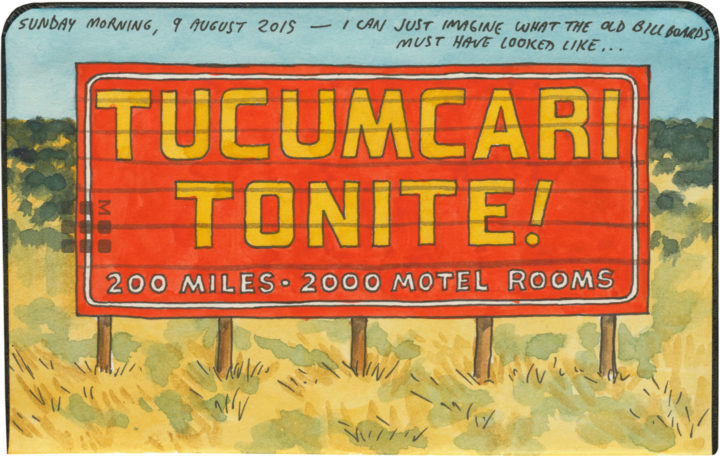

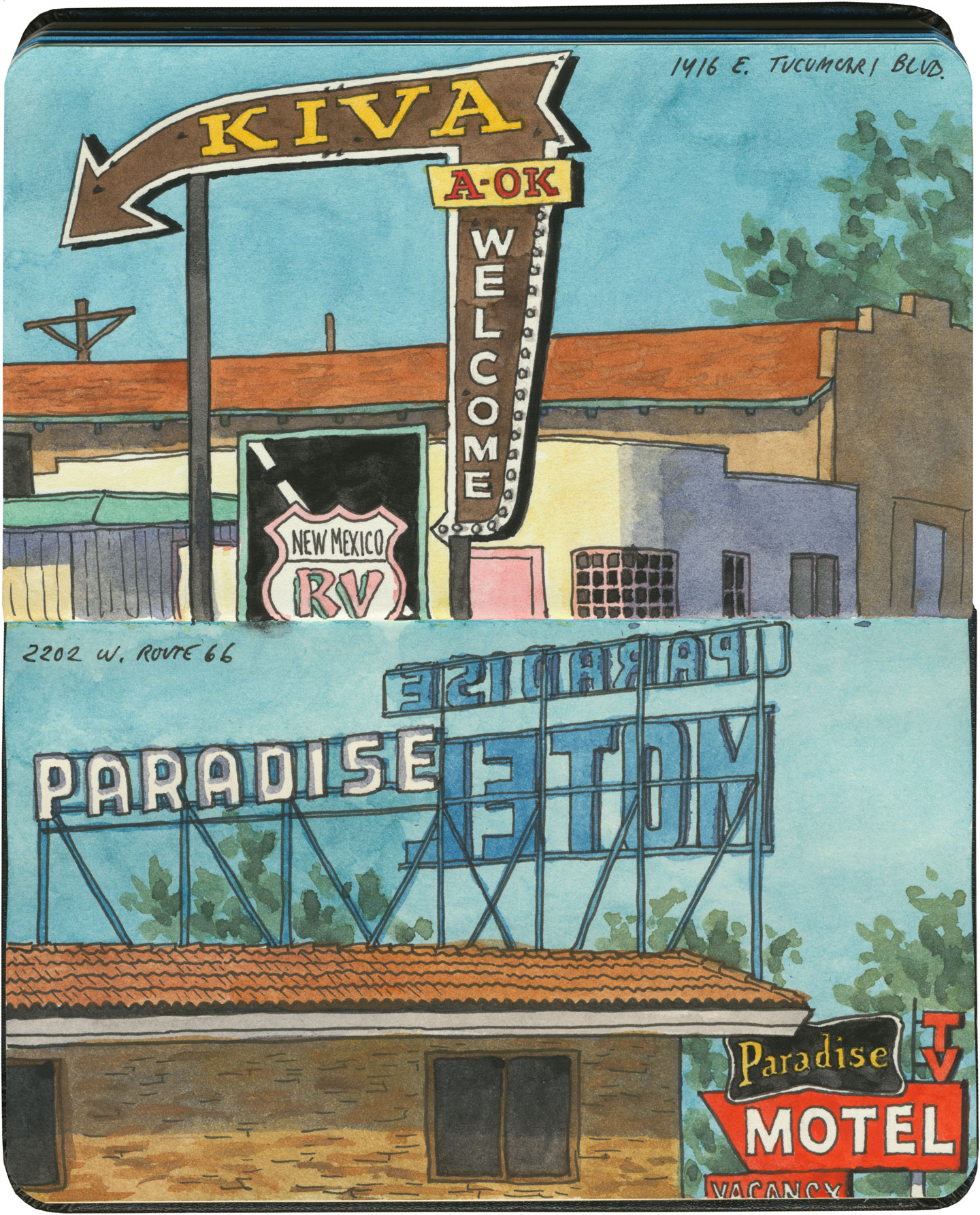
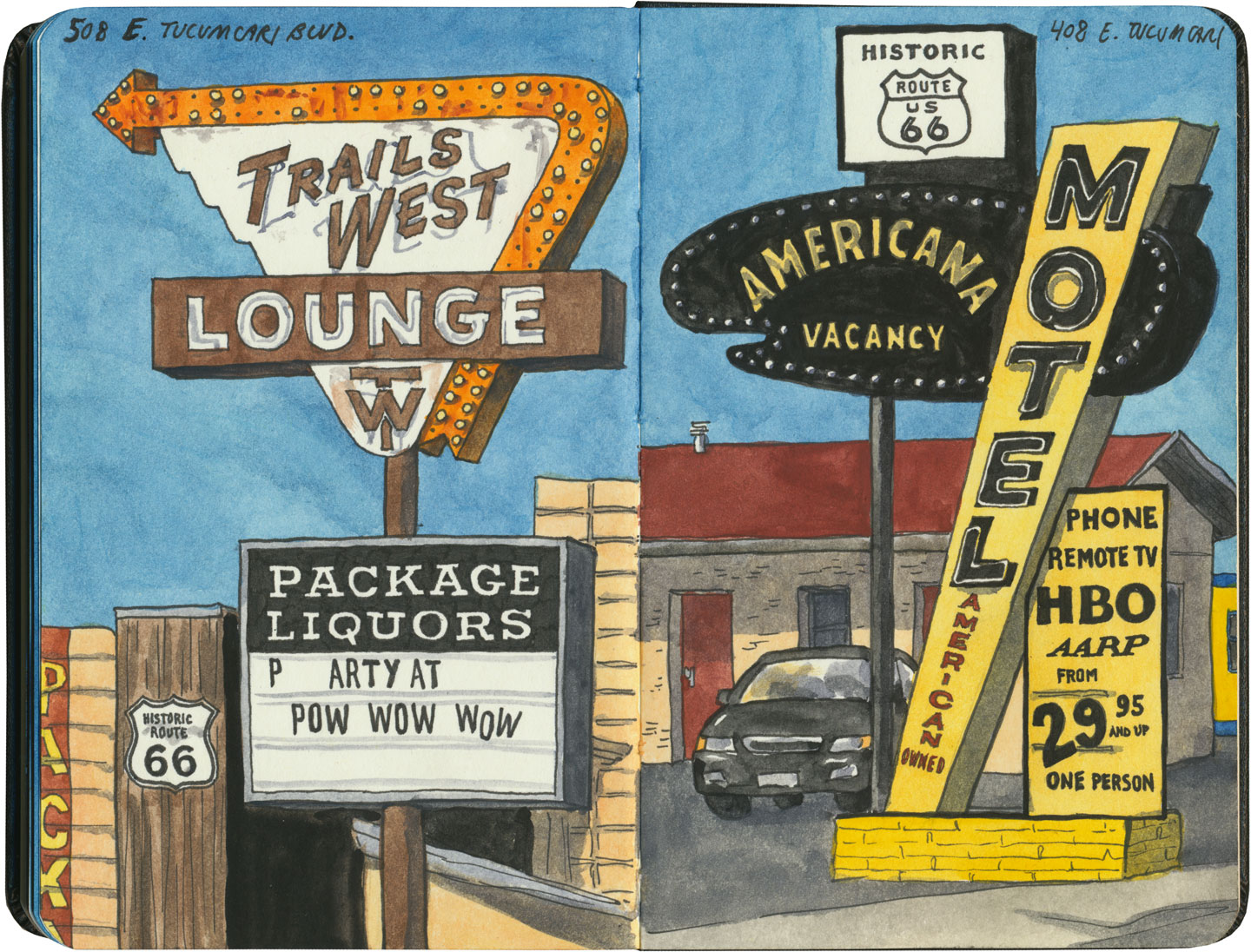
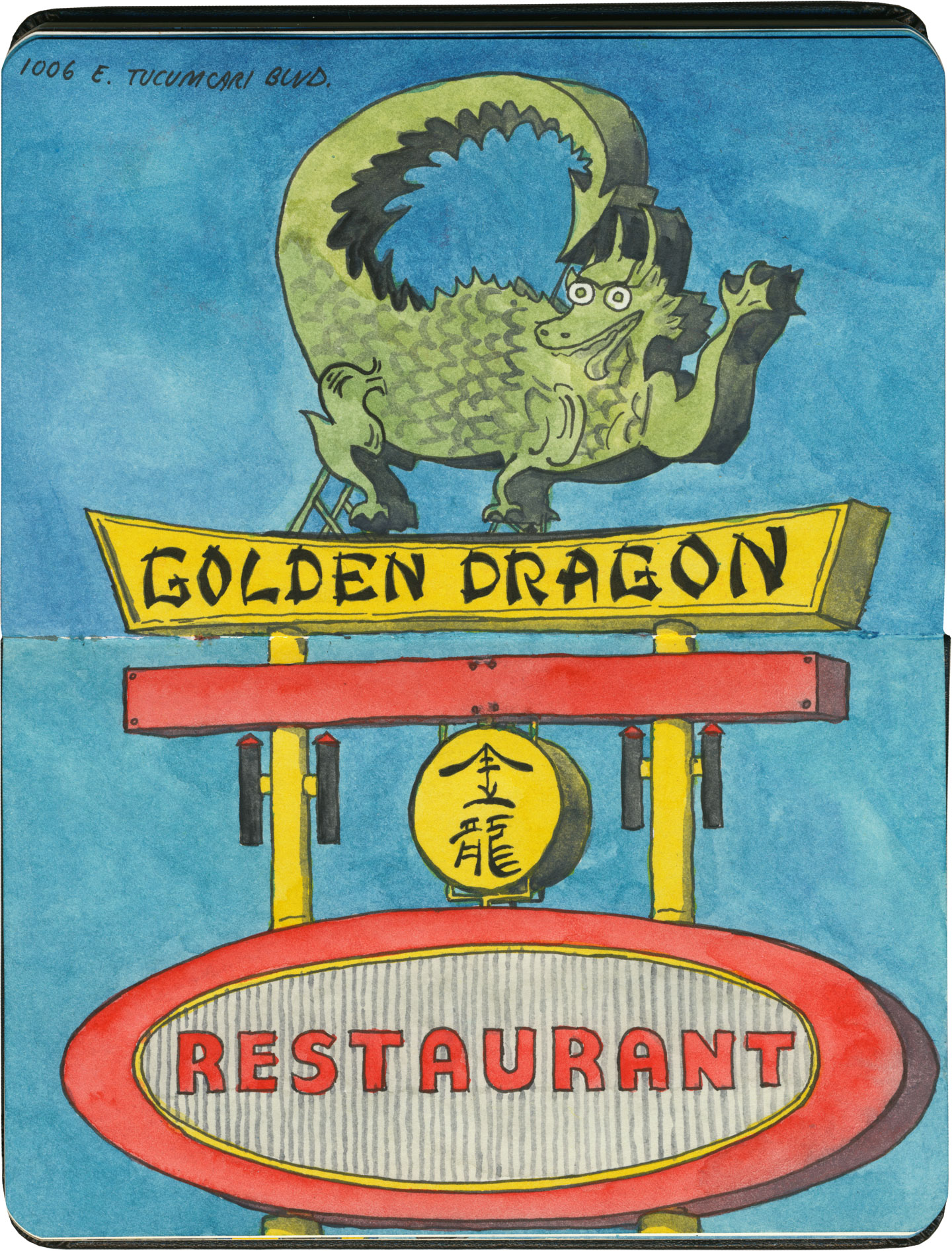
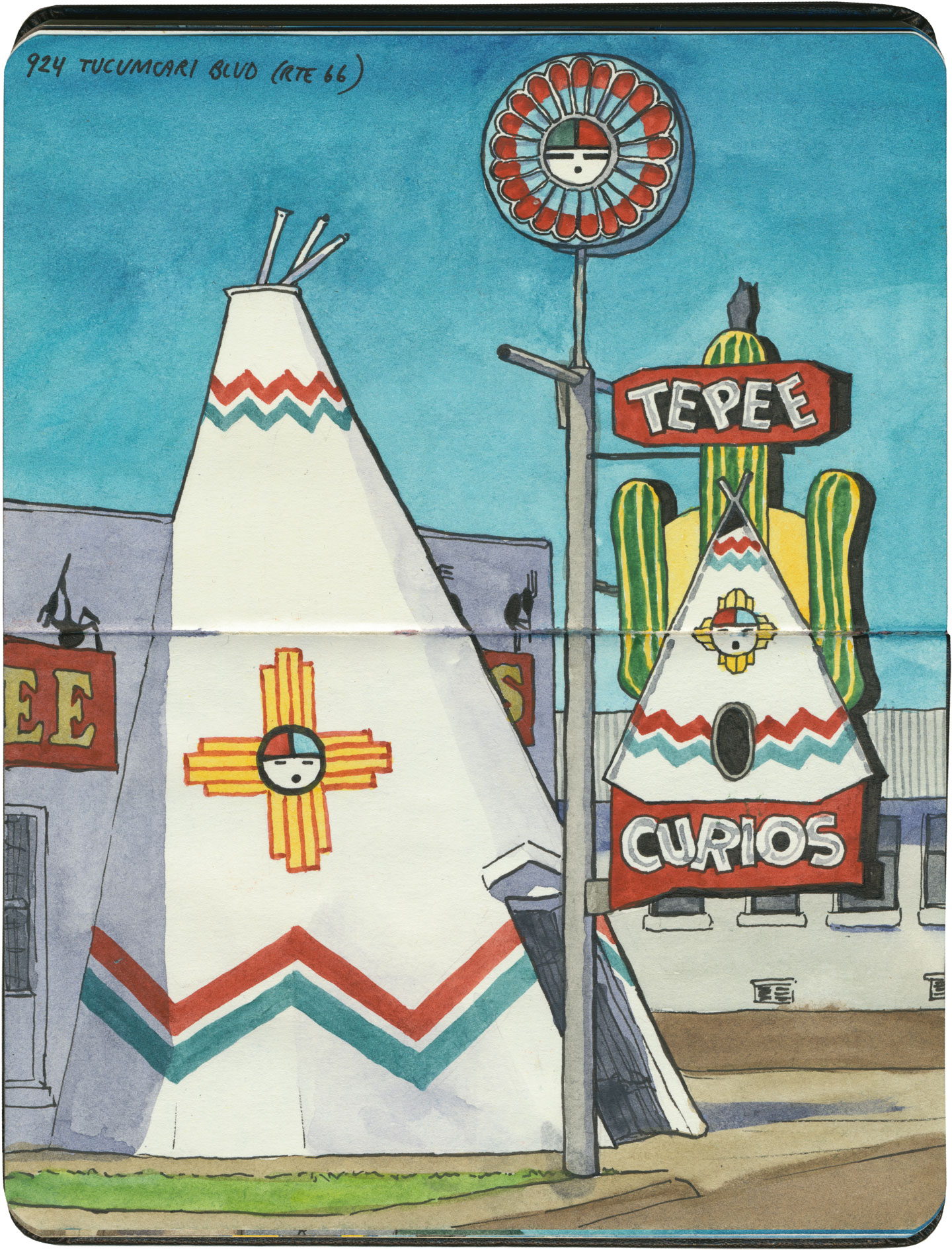
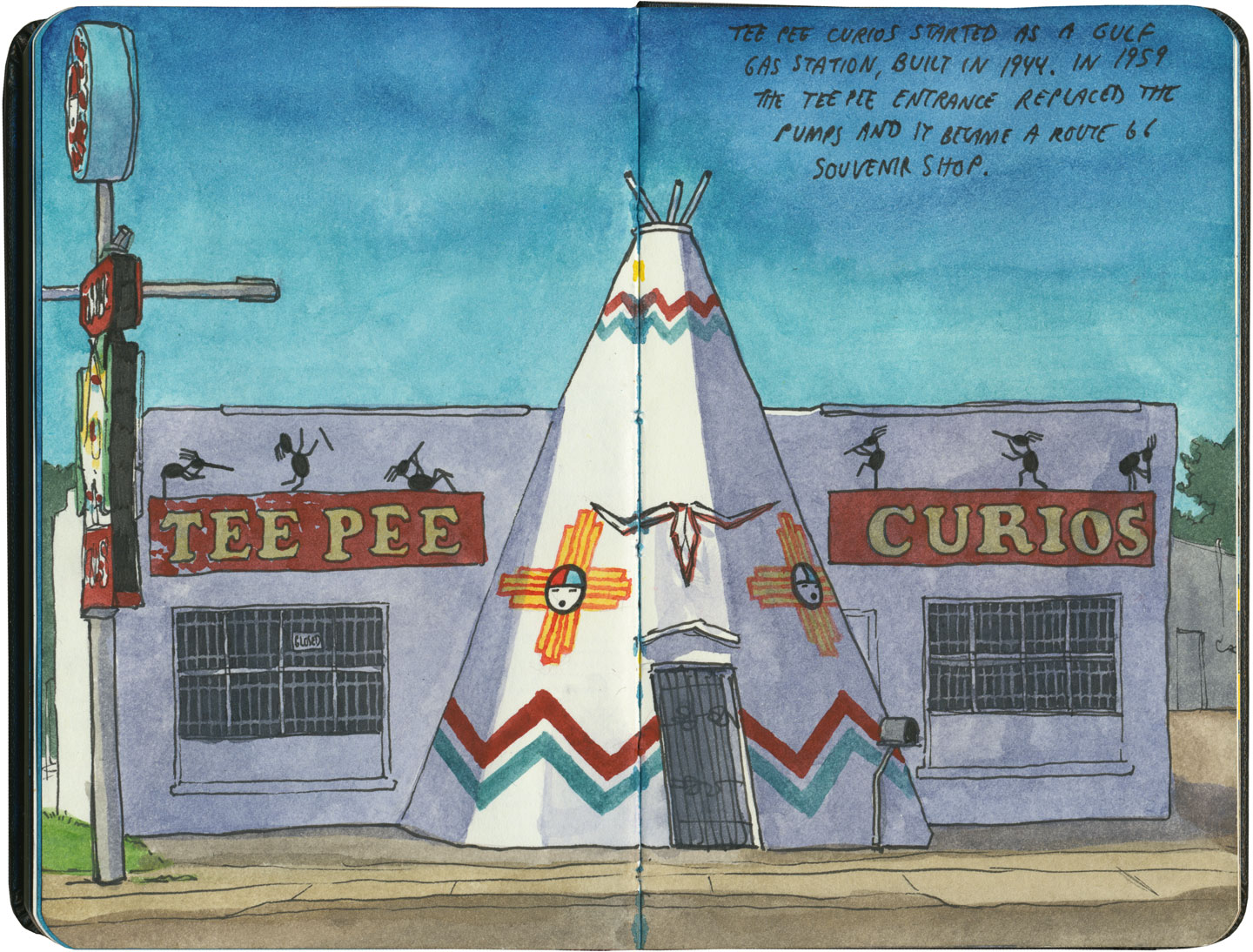
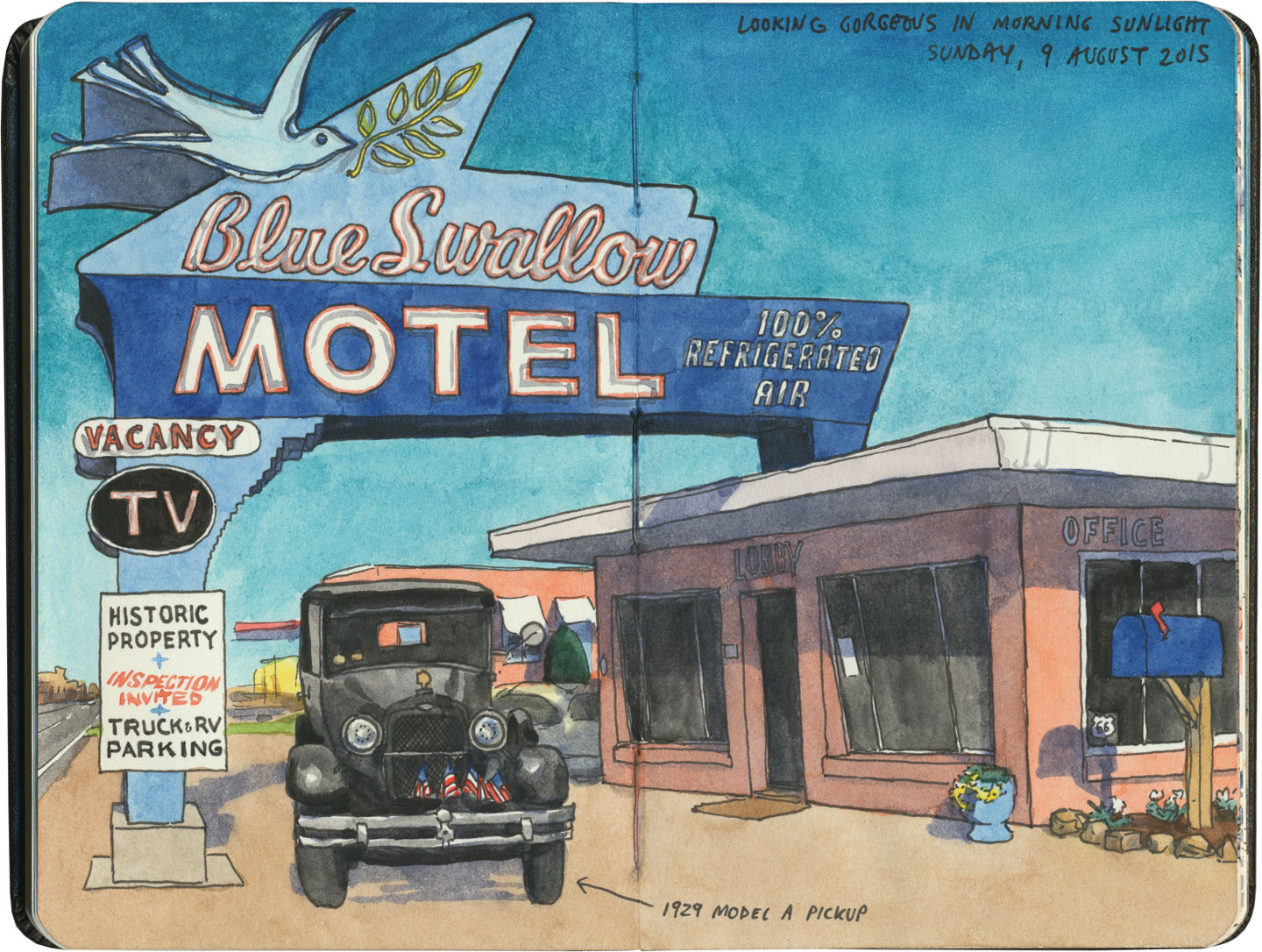
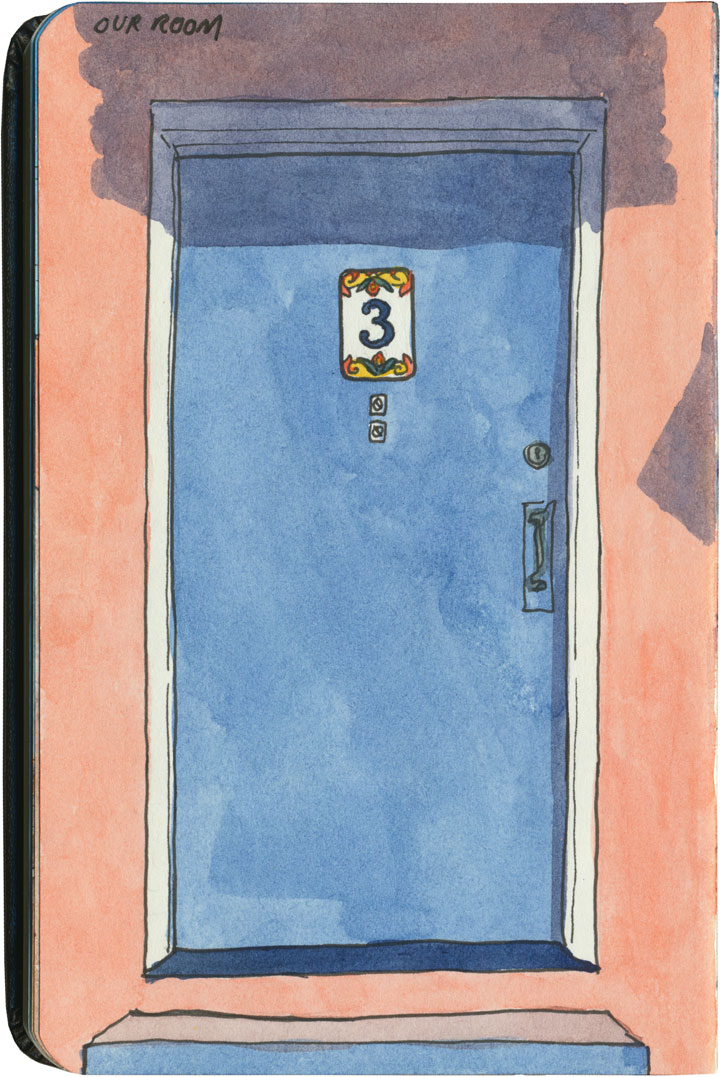
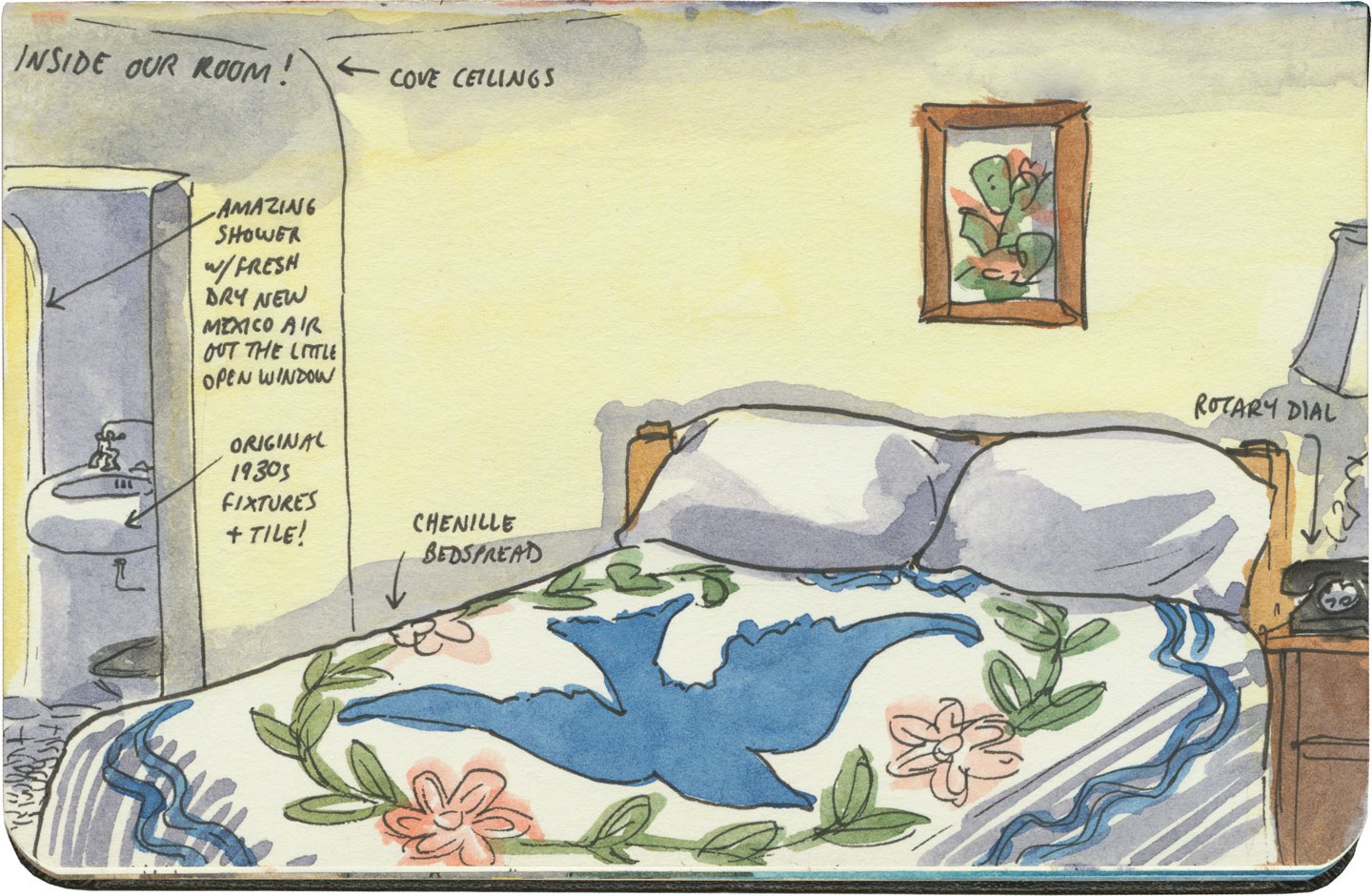

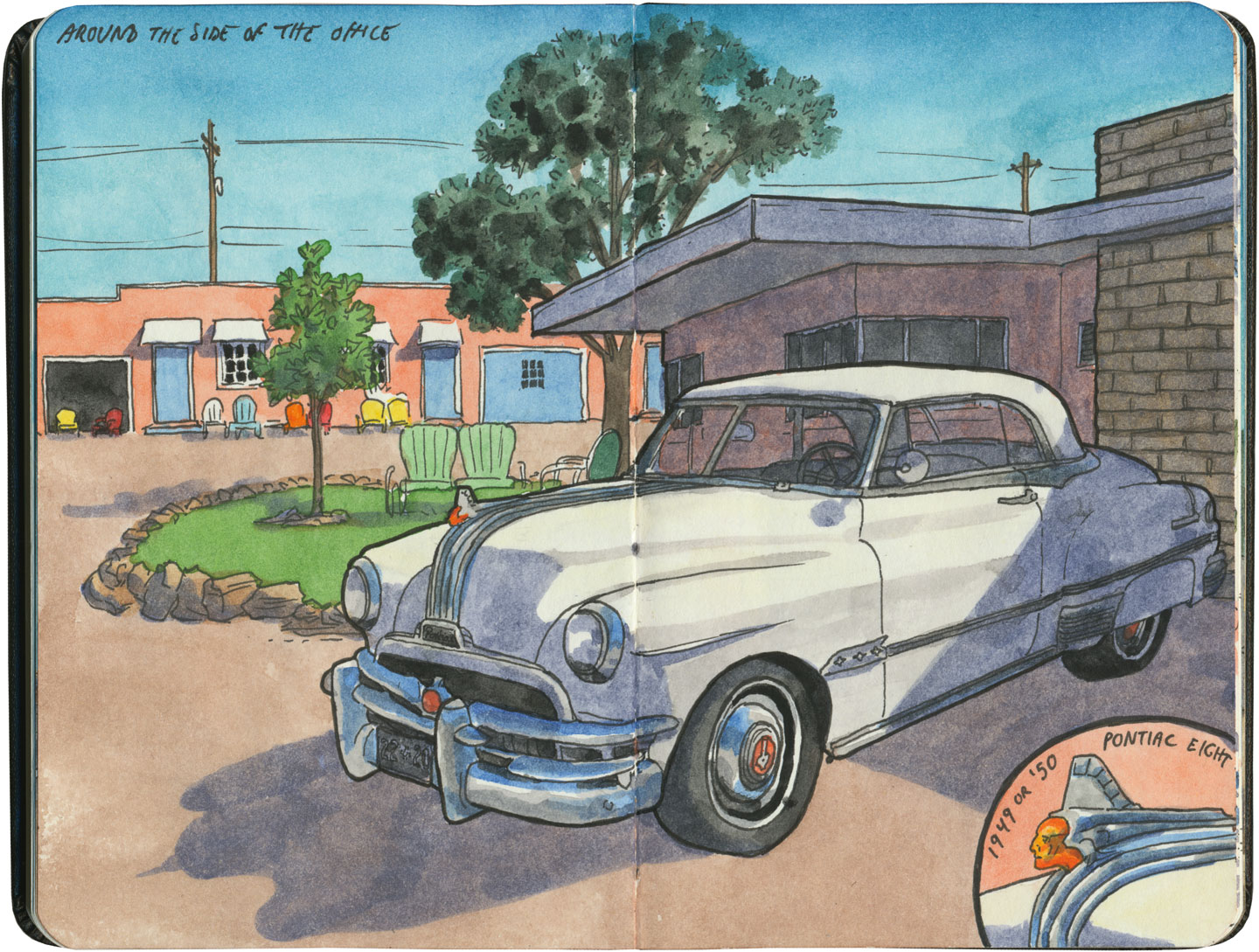
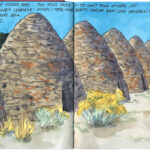 Ghost domes
Ghost domes 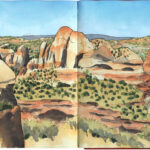 Twists and turns
Twists and turns 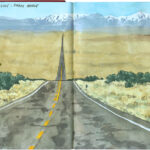 The Loneliest Road
The Loneliest Road 
I love this post. The Blue Swallow looks like something I would really enjoy. Thanks for sharing.